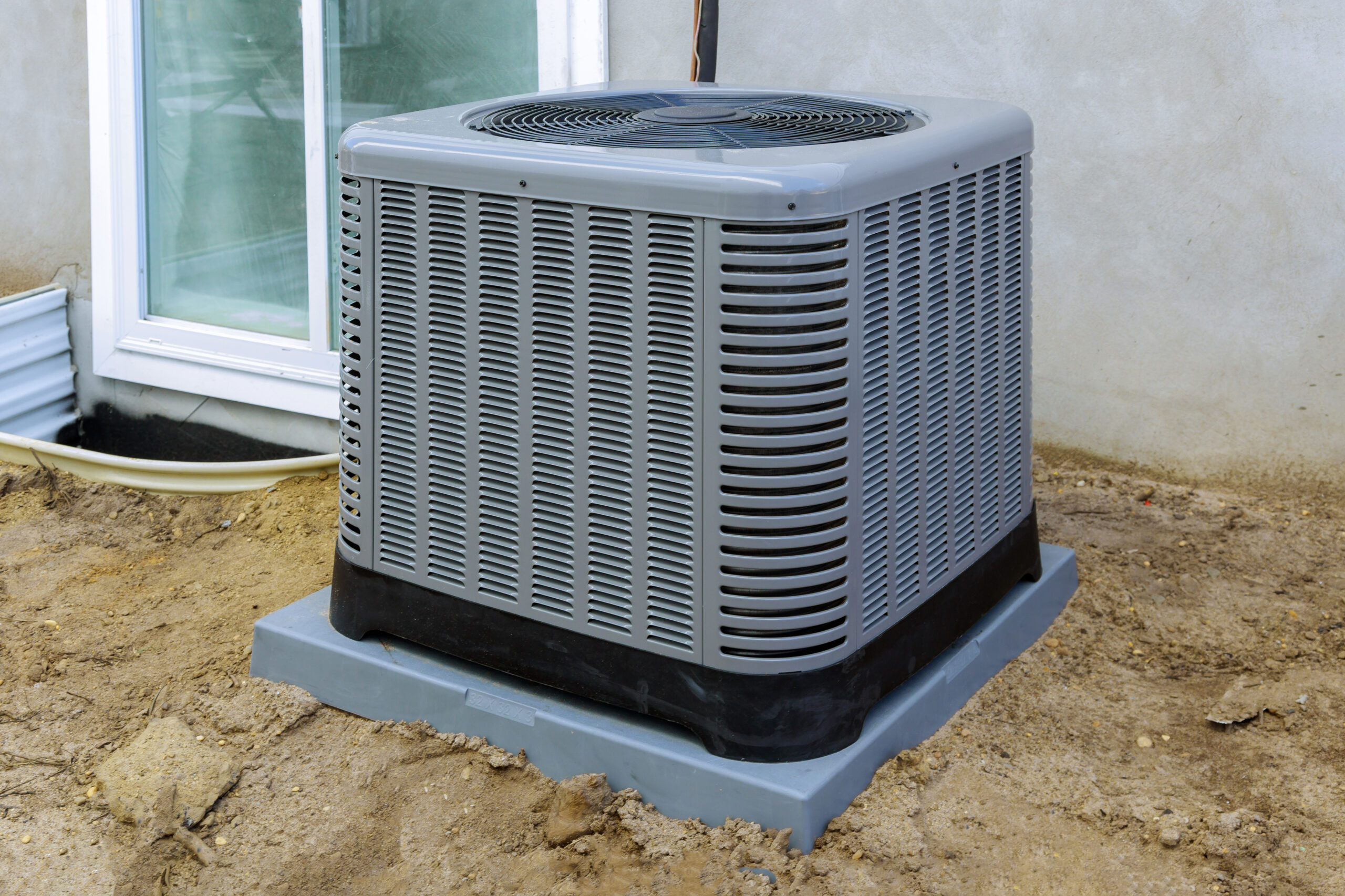Heat pumps do a great job of making a home more comfortable while reducing energy use. Just like any heating and cooling system, though, heat pumps require maintenance from time to time. Most experts recommend annual maintenance.
Understanding Heat Pump Operation
Heat pumps use refrigeration cycle technology to exchange heat between indoor and outdoor spaces. Even in very cold weather, the heat pump can draw heat from the air outside and send it inside to warm the home. During warmer weather and when set to cooling mode, the inverse is true; it captures heat from the indoor air and releases it outside.
A heat pump system consists of several key components, including the compressor, evaporator coil, condenser coil, refrigerant lines and thermostat. The compressor pressurizes the refrigerant, while the evaporator coil absorbs heat from the indoor air. The condenser coil releases heat outdoors, and refrigerant lines circulate the refrigerant between the indoor and outdoor units. The thermostat regulates the system’s operation. Each component plays a crucial role in the heat pump’s efficiency and effectiveness.
Reasons Heat Pumps Need Annual Maintenance
There are a number of reasons why heat pumps must have annual maintenance. To start with, it provides better efficiency by fixing problems that might reduce the heat pump’s capacity to transmit heat, such as unclean coils, blocked filters and low refrigerant levels. Not only does this efficiency cut down on energy use, but it also makes electricity expenses go down.
Second, by catching little issues early on (before they become big, expensive fixes or system breakdowns), yearly maintenance increases the heat pump’s lifetime. Furthermore, with routine maintenance, you can be confident that your heating and cooling systems are running at peak efficiency all year.
The top nine reasons to invest in annual heat pump maintenance are:
- improved efficiency
- prolonged lifespan
- enhanced comfort
- fewer repairs
- improved air quality
- safety
- warranty compliance
- lower energy bills
- environmental benefits
The Maintenance Process
Coil cleaning is an important part of maintenance since it restores their ability to transport heat efficiently. Both the evaporator and condenser coils are susceptible to dust and particle buildup, which may diminish their performance. Lubricating bearings, pulleys, fan motors and other moving components is another service technicians provide during maintenance. This keeps the parts from breaking down too soon and keeps everything running smoothly.
To check the amount of refrigerant, technicians utilize pressure gauges to measure the pressure levels within the system. This process involves connecting the gauges to the service valves on the heat pump’s refrigerant lines. The technician will then compare the pressure readings to the manufacturer’s specifications to determine if the refrigerant level is within the recommended range. If the pressure is too low or indicates insufficient refrigerant, the technician will add refrigerant to bring the levels back to the appropriate range.
Technicians examine wiring and connectors for signs of wear, corrosion and damage, which can indicate issues such as loose connections or electrical faults. They also inspect capacitors for bulging or leaking, which may indicate capacitor failure. Using specialized equipment such as multimeters, technicians measure electrical continuity, voltage and capacitance. Checking all of the electrical connections not only improves the performance of the heat pump but also protects the home against fire hazards.
To prevent the heat pump system from overheating and other possible dangers, experts thoroughly verify all safety precautions during maintenance. The purpose of testing temperature sensors is to guarantee that they are sensitive enough to detect changes in temperature. Sensors that fail to shut down the system when it overheats can damage the heat pump and cause fires. Experts also ensure the system’s high-pressure switches work properly. The high-pressure switch shuts off the system to protect the compressor and other parts in the event that the pressure becomes too high.
Signs Your Heat Pump Needs Maintenance
If you notice reduced heating or cooling performance from a heat pump, it’s best to call a technician. Finding and fixing the underlying cause of the reduced performance will make your home more comfortable and help the heat pump last longer. Unusual noises, such as grinding or squealing, are also warning signs to call a professional. These sounds usually indicate a mechanical issue of some type. An increase in energy bills is another sign to call an expert since they typically correspond with an increase in energy use and a decrease in efficiency.
Call Real Airflow Heating & Cooling now to schedule annual maintenance for the heat pump in your Blandon, PA, home. We work on all types of heat pumps, furnaces and air conditioners.



